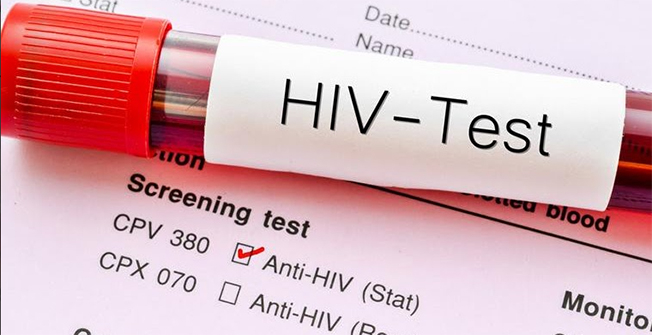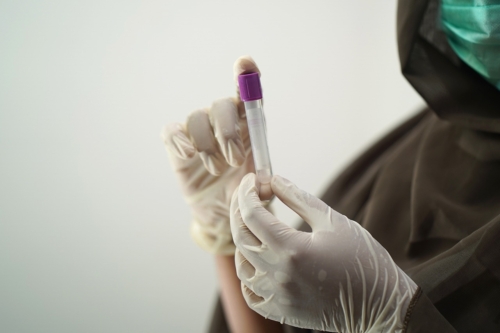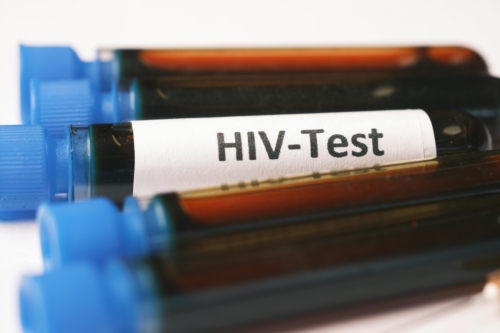
On January 10, 2025, a district criminal court in Uzbekistan held a closed session to examine a case concerning a defendant accused of knowingly transmitting HIV to another person.
Key Facts of the Case
The defendant was diagnosed with HIV in 2014 and registered as a patient at a regional AIDS center. Medical professionals officially warned them in 2015 not to engage in conduct that could lead to the transmission of the virus. Despite this warning, the defendant entered into a legal marriage in 2016 and engaged in unprotected sexual intercourse with their spouse over several years. In January 2024, the spouse was diagnosed with HIV and subsequently registered as a patient at the same AIDS center.
During the trial, the defendant admitted to the charges, acknowledging their HIV diagnosis and the warnings given by medical professionals. They expressed remorse and requested leniency in sentencing. The victim confirmed that they were aware of the defendant’s HIV status but stated that they did not initially believe they would become infected. The victim also requested a lenient sentence for the defendant.
Court Ruling and Sentence
The court found the defendant guilty under the relevant article of the Criminal Code for knowingly infecting another person with HIV. Considering the defendant’s full confession, expression of remorse, family responsibilities, financial situation, and the victim’s request for leniency, the court imposed a sentence of four years of restricted liberty rather than imprisonment.
Under the terms of the sentence, the defendant:
- Is prohibited from leaving their residential area during nighttime hours.
- Must not consume alcohol or visit entertainment establishments.
- Cannot change their place of residence or employment without approval from authorities.
The court also canceled the defendant’s arrest status, ordering their release from custody. The victim and other affected parties were informed of their right to pursue civil litigation for any material or moral damages resulting from the crime. The verdict can be appealed within ten days.



